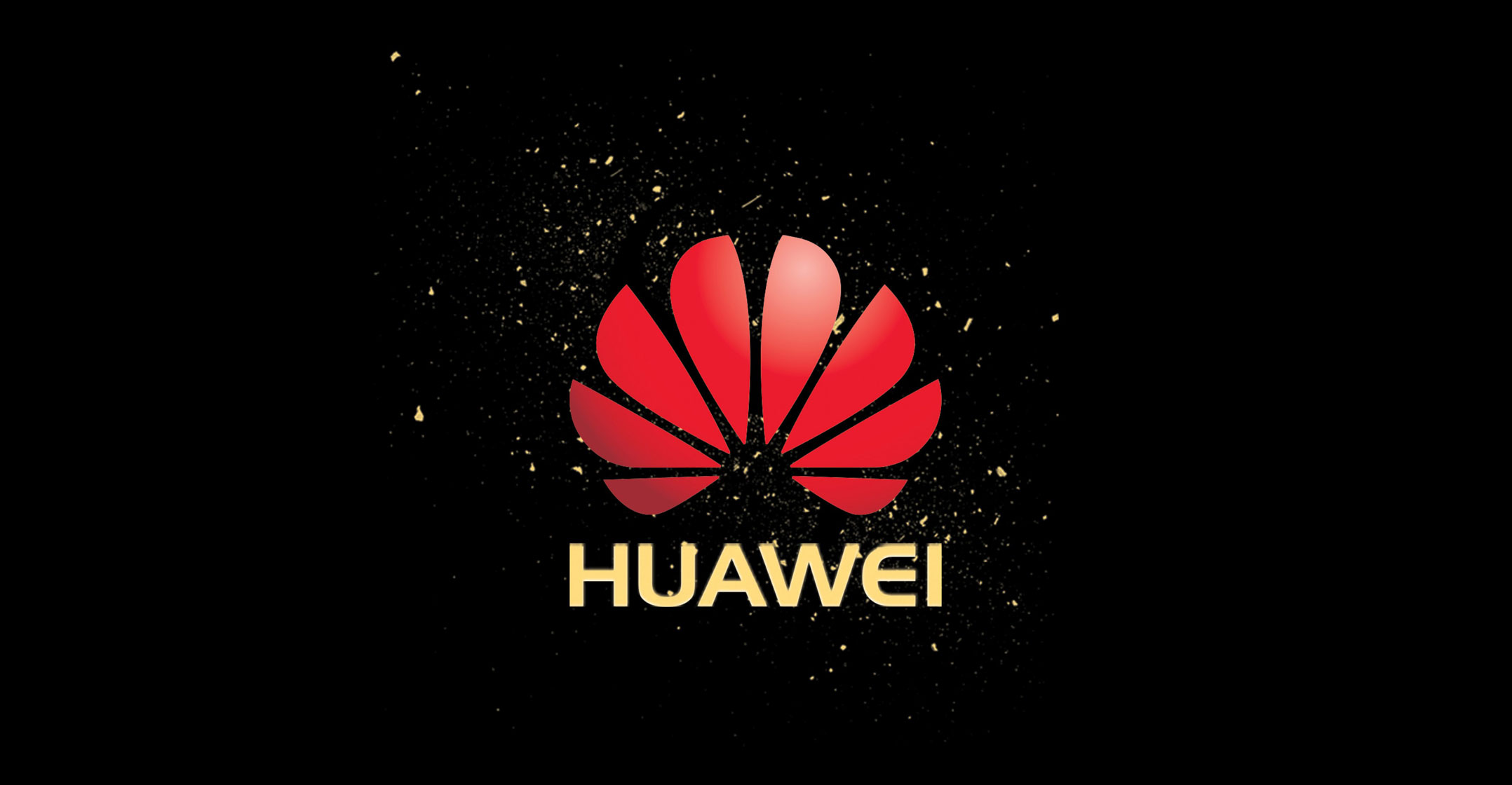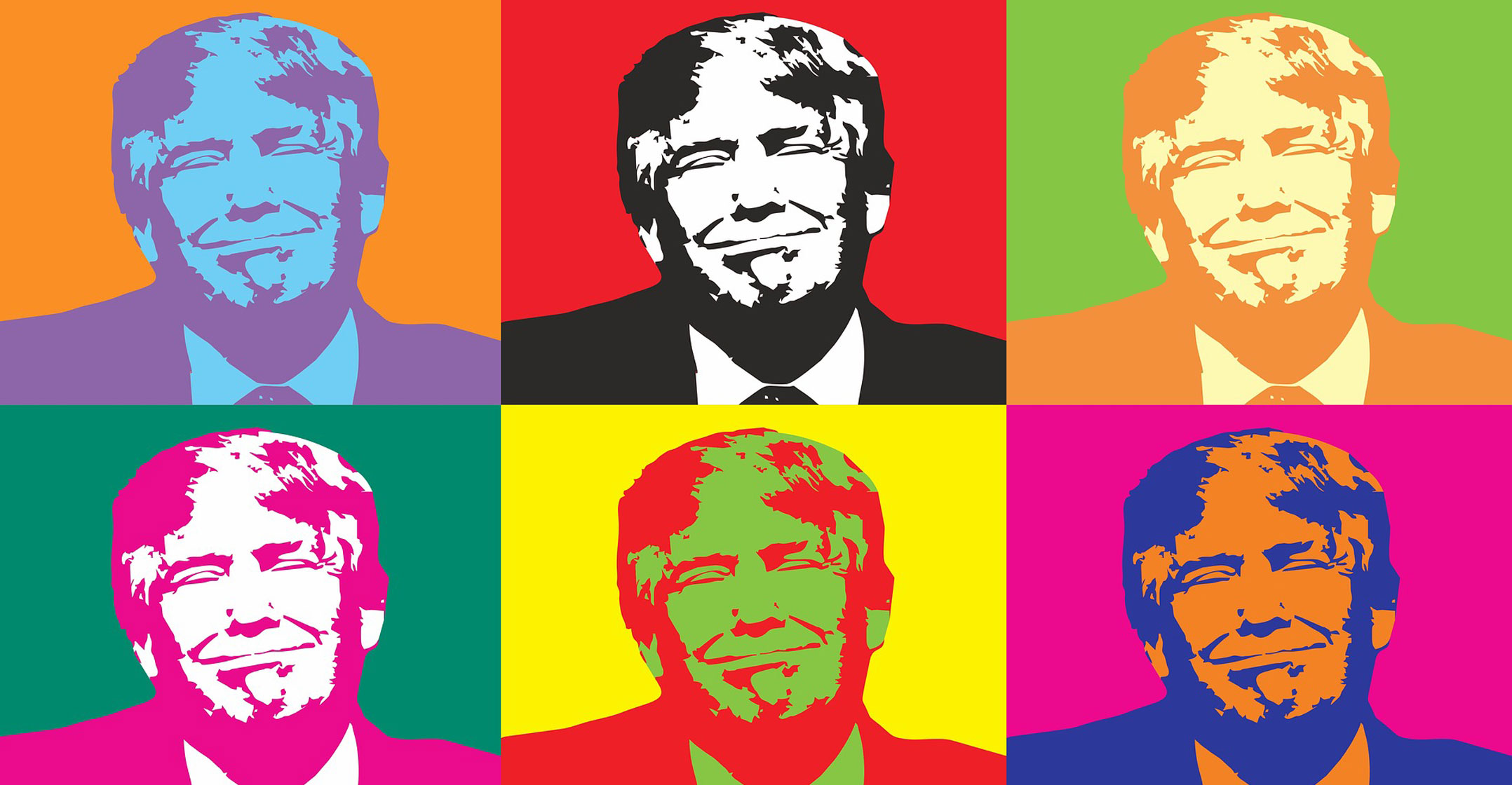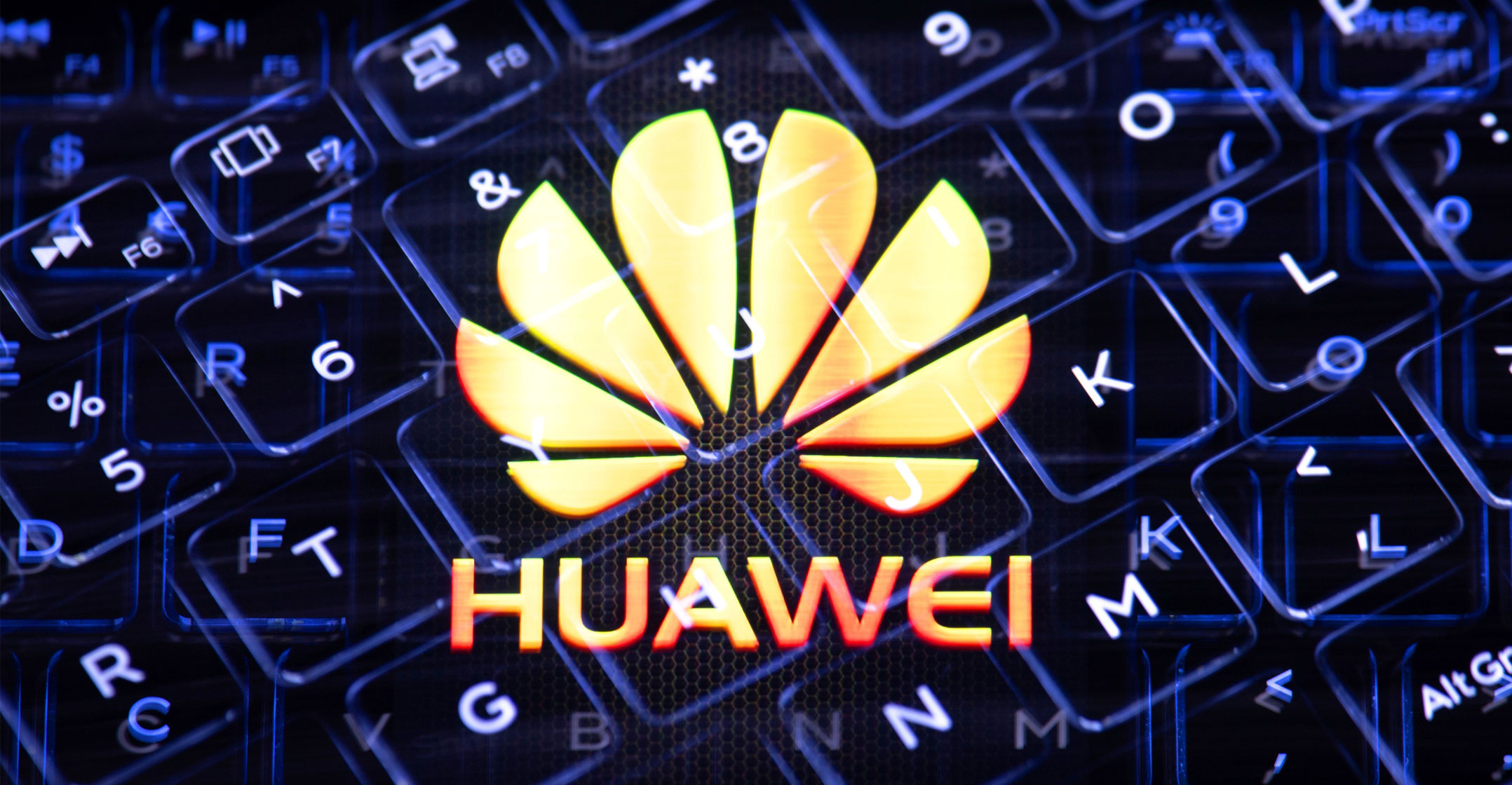 US President Donald Trump says he may resolve a dispute over Huawei as part of a trade agreement with China, yet doing so would undercut American assertions the company poses a national security threat.
US President Donald Trump says he may resolve a dispute over Huawei as part of a trade agreement with China, yet doing so would undercut American assertions the company poses a national security threat.
Days after trade talks with Beijing hit an impasse, the US put the Shenzhen-based maker of telecommunications gear on a blacklist over concerns it could serve Chinese intelligence. Trump could reverse that move, at least in part, by letting Huawei resume buying advanced chips and easing an expected import ban by allowing the company’s equipment in parts of the US network.
Such a decision would violate decades of economic diplomacy by the US, which has always sought to portray the placement of companies on a blacklist as apolitical and linked to narrow issues of national security. But Huawei has drawn the ire of Washington’s national security establishment — legitimately, many argue — at a time when the president is broadening the definition of national security to include economic cooperation.
“It’s hard to see how they could cut much slack for Huawei, without actually endangering national security,” James Lewis, director of the technology policy programme at the Centre for Strategic & International Studies in Washington, said in an interview.
Last year, Trump lifted ruinous penalties on ZTE, another Chinese technology giant, which had been accused of violating trade sanctions after a personal plea from China’s leader, Xi Jinping. The company paid a fine, revamped its board and provided security guarantees.
Trade talks between Beijing and Washington stalled this month as Trump accused China of backing out of a deal that the US said was almost completed, and Trump hiked tariffs on US$200-billion of Chinese goods.
Held off
The Trump administration had held off on blacklisting Huawei out of concern that could disrupt the trade negotiations and only took action after the last round failed to advance, according to people familiar with the matter.
Trump’s suggestion on Thursday provoked rebukes.
“I don’t think so,” senator Tom Cotton, an Arkansas Republican, said Friday on Bloomberg TV when asked whether Huawei should be part of trade talks. “Huawei is a serious national security threat. It’s a serious threat to the privacy of Americans.”
Ben Haber, a spokesman for Huawei, said the company had no comment on Trump’s remark.
The company has said its equipment does not pose a cybersecurity threat and has denied having ties to the Beijing government.

China’s ambassador to the US, Cui Tiankai, in a Bloomberg TV interview on Friday, said Beijing is committed to striking a trade deal. He also said the accusations against Huawei are a “groundless suspicion”, and he described the US action as an “unusual” move that mobilises “state power against a private company”.
Cui’s comments underscored China’s efforts to defend its rights and a national prize like Huawei while avoiding red lines that might shatter hopes for a truce. Trump himself used a similar approach a day earlier in saying Huawei could become part of an accord even as he called the company “dangerous”. American officials say the company’s gear could serve as a conduit for Beijing’s security agencies.
Companies can apply for a special licence to sell parts to Huawei, in effect gaining an exemption from the blacklist. Cotton said Huawei needs US parts to achieve its goal of leadership in the fast, advanced 5G systems expected to dominate networks in coming years.
“To send those chips and other components to China, to let Huawei use them — it would be akin to sending uranium or munitions to the Soviet Union in the Cold War,” Cotton said. “We didn’t do that then, we ought not do it now.”
The Chinese raised Huawei in the trade talks months ago, said Lewis of the Centre for Strategic & International Studies. “There’s always been this concern it would be negotiated away,” he said.
Trump could ease toward a model taken up by some European countries that allow Huawei in the periphery of the mobile network, and bar it from central parts, Lewis said.
“He might say we’re opening the market to some Huawei technologies, not all,” he added. “It’s just going to hurt the effort to get Europeans to agree” to steps against Huawei.
‘Startling’
Michael Wessel, a commissioner on the US-China Economic and Security Review Commission that advises congress, cited the “startling” contrast between putting Huawei on the blacklist and suggesting its inclusion in trade talks.
“Now to say that we’re going to throw it back in the trade deal, where we have been looking at these issues based on their commercial effect, and say we’re ready to start trading away certain security concerns — I think is a very troubling approach,” Wessel said.
Trump’s rescue of ZTE, according to Wessel, doesn’t offer a useful model for Huawei.
“Doing it through a fine and doing it through a change of board personnel doesn’t get to the question of the ongoing security risks,” Wessel said.
 It’s possible a deal could include dropping charges against Meng Wanzhou, Huawei’s chief financial officer and the daughter of the company’s founder, who has been detained in Vancouver since last December. She was arrested at the request of US authorities, who are seeking her extradition to face fraud charges related to trade sanctions against Iran.
It’s possible a deal could include dropping charges against Meng Wanzhou, Huawei’s chief financial officer and the daughter of the company’s founder, who has been detained in Vancouver since last December. She was arrested at the request of US authorities, who are seeking her extradition to face fraud charges related to trade sanctions against Iran.
Her legal difficulties have strained relations between the Canadian and Chinese governments, and two Canadians who were arrested in China shortly after her detention remain in custody.
The trade conflict has caused hardship for American farmers, who are among Trump’s most loyal supporters.
“I’ve asked the question: how many soybeans is Meng worth?” Lewis said. — Reported by Todd Shields and Shawn Donnan, with assistance from Andrew Mayeda, (c) 2019 Bloomberg LP




